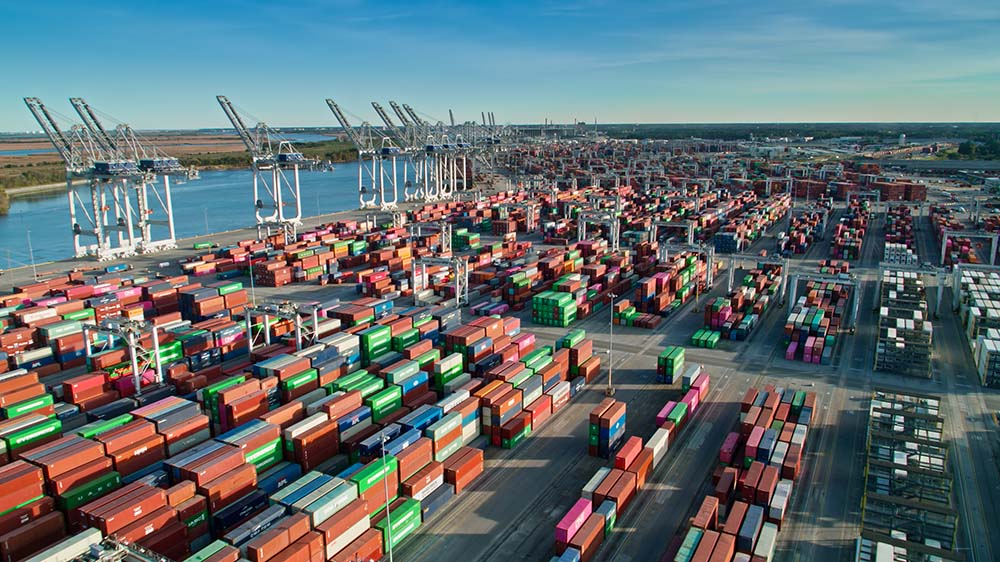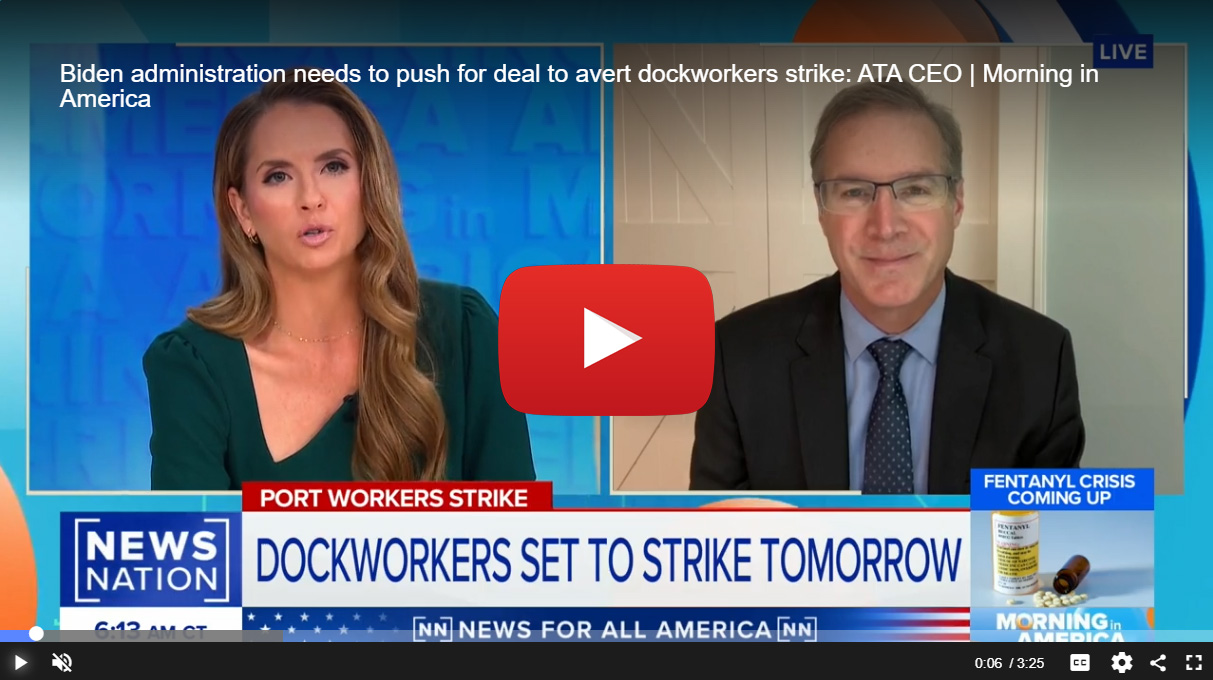
Some 45,000 dockworkers represented by the International Longshoremen's Association walked off the job this week, shutting down all major shipping ports along the Eastern and Gulf Coasts, from Maine to Texas. The ILA is demanding a 77% pay increase and limits on automation as a precondition to resume negotiations with port authorities.
For the trucking industry, the reality is that American ports are not efficient. In the latest Container Port Performance Index, not a single U.S. port ranked in the top 50 for efficiency. That equates to higher costs for consumers and delays for motor carriers working at the ports.
The timing of this strike is significant. Not only is this peak shipping season, when retailers begin stocking up ahead of the holiday season. But a prolonged strike could also have an adverse impact on Hurricane Helene recovery efforts, as the southeastern U.S. digs out of cataclysmic flooding in the storm's wake.
The strike has stopped all activity at five of the nation's top ten container ports, and consumers and businesses are likely to experience higher prices and product shortages—everything from electrical equipment and footwear to food, cars, clothing and pharmaceuticals—the longer the strike persists.
Food and perishables will take the first hit, as these items have a limited shelf life.
75% of all bananas consumed in the U.S. flow through these ports.
85% of imported canned foods, and
80% of imported beer, wine, whiskey, and scotch, arriving in containers at East and Gulf Coast ports.
Over 100 other food categories also depend on the smooth operation of these ports.
It would only take a few days of shutdown for the economic consequences to reverberate for months down the road. Nearly 62 ships carrying nearly half a million containers scheduled for delivery in October are now stuck in limbo. This vital cargo can’t just reroute to a neighboring port, like what happened when the Baltimore Key Bridge collapsed back in May.
America’s farmers will feel the sting, as their livelihood depends on export markets. $1.4 billion in weekly agriculture trade is now at risk, and Fall harvests are in jeopardy.
The impact on the trucking industry is immense. In the port of NY/NJ, 30,000 truckers are registered to work, and 12,000 truck visits typically take place every day. Tens of thousands of more up and down the coasts are now sidelined by this strike.
The trucking industry is made up of small businesses with more than 95% of carriers operating 10 trucks or fewer. This is especially true in the intermodal space, which is composed primarily of owner operators, small-business people who own their own trucks, and who live nearby and travel limited miles per day. These truckers and their families depend on these port operations for their livelihood.
